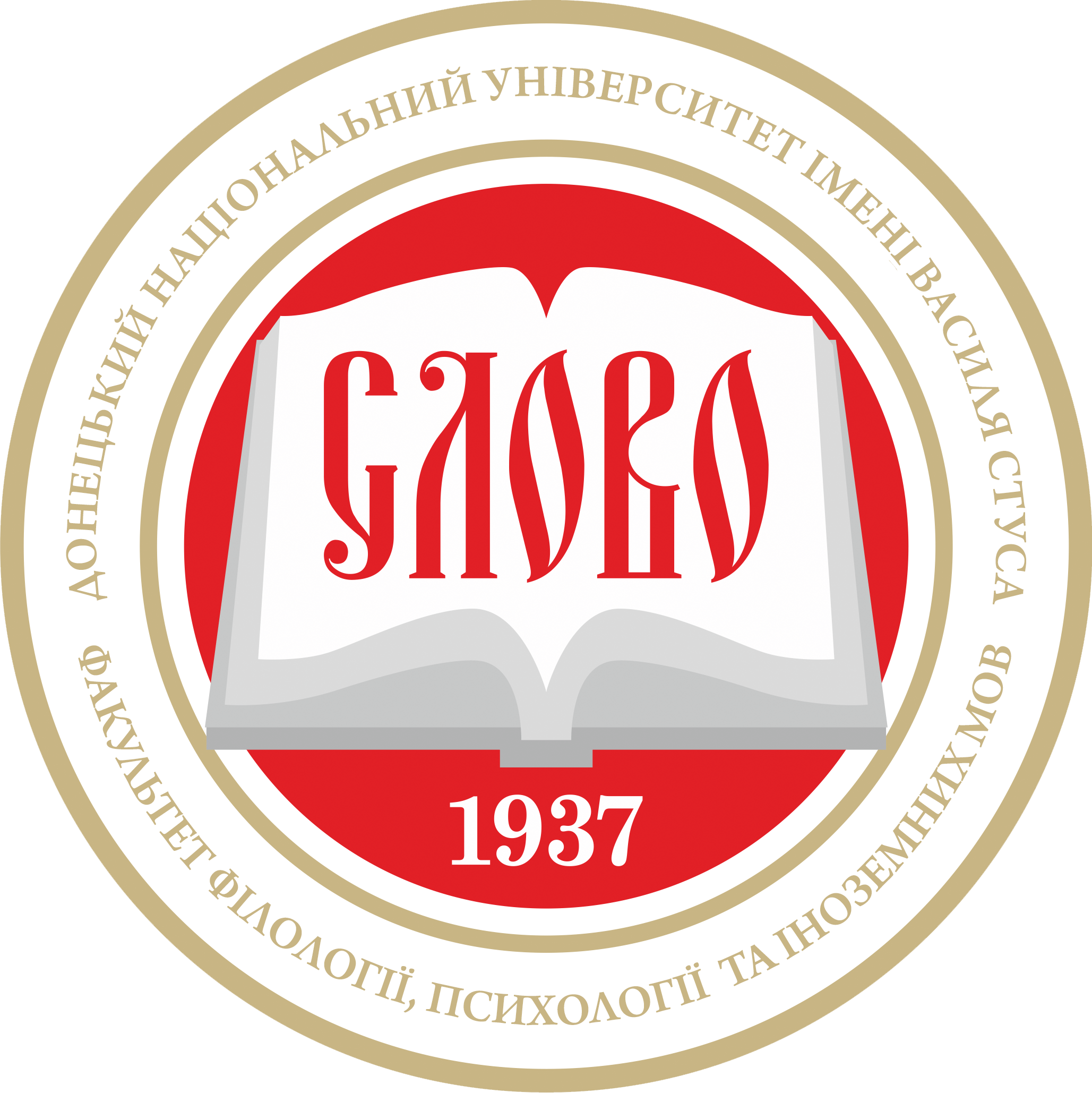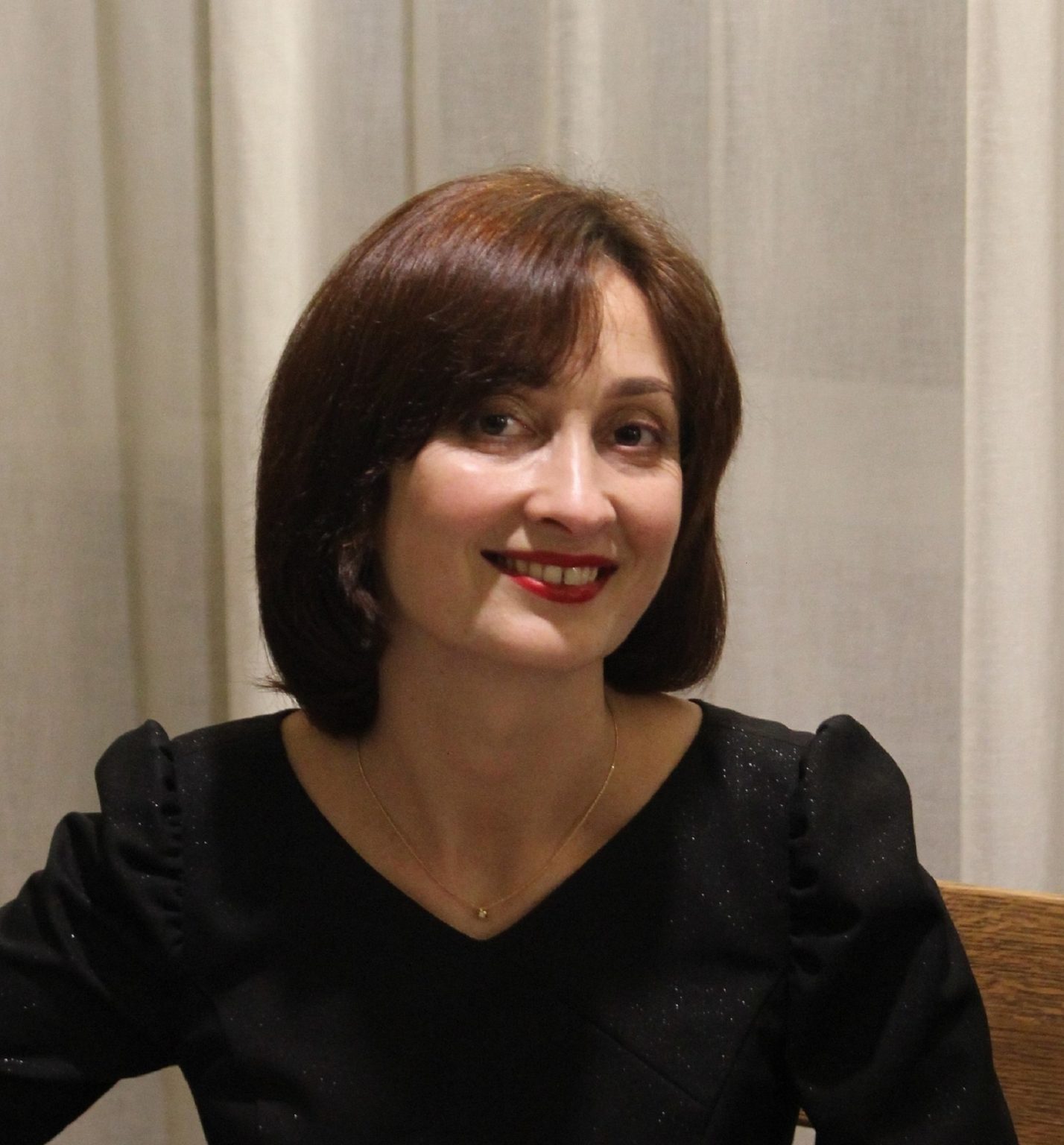Department of Theory and Practice of Translation
The Department of Theory and Practice of Translation trains bachelor’s degree students in translation of English and a second foreign language, master’s degree students in translation of two foreign languages (English and German / French / Spanish), department members who can carry out qualified theoretical and practical activity.
The department has modern office equipment and software support. The computer laboratory with server-based network allows to provide full-fledged teaching and learning activities for students. The department ensures the acquisition of computer programs for training various aspects of foreign languages and translation. Educators who have undergone special training introduce the basics of work with the latest CAT-tools. In 2016, instructors of the department together with 15 students completed training and passed the exam on CAT-tools under «СAT for GRADES» program. Today students of the department have an opportunity to complete training on SDL Trados and gain certification for this CAT-program.
The department members are actively working on improvement of information and technical support of the educational process: all the instructors are provided with laptops, multimedia projectors and projection screens allowing them to use various audio- and video-materials for teaching practical and theoretical disciplines including “Basics of the Theory and Practice of Translation”, “Introduction to German Philology”, “Comparative Grammar of the English and Ukrainian Languages”, “Lexical and Grammatical Problems of Translation”, “Linguistic and Cultural Studies”, etc. To make the teaching and studying process more effective, instructors and students of the department have an access to library that offers a wide range of modern dictionaries, scientific and reference literature, works of fiction, textbooks, language magazines and newspapers as well as electronic resources devoted to translation problems (“English LT Journal”, “Journal of Advanced Composition”, “Language Learning and Technology”, “WEB Journal of Modern Language Linguistics”, “British Association of AL”, etc.).
Extension of international relations with foreign countries contributes to professional theoretical and practical training of the department members. Cooperation with the British Council and the Institute of Languages and Translation play a significant role for academic training. Communication with colleagues from different countries allows the department members to get acquainted with new advanced research and experience in the field of translation studies.
The department maintains relations with the Linguistic Department of the British Embassy in Ukraine, the British Council, the American House (Kyiv). As a part of this cooperation, the department members participate in meetings with representatives of the above-mentioned organizations on issues of academic and scientific cooperation; take an active part in seminars and conferences on English language teaching, translation studies, the use of computer training programs and other technical means organized by the English and American lecturers in Kyiv and other cities of Ukraine. There are also various international internships, seminars and webinars, projects and camps, in which the instructors of the department can participate.
Special focus is made on research of the students. The latter prepare term papers, diplomas and master’s theses within the scope of relevant studies of comparative linguistics and translation theory. The choice of research fields is determined by the latest concepts of linguistic and translation studies, including cognitive, communicative-pragmatic, functional-stylistic, intercultural approaches, etc. The results of students’ research are reflected in various presentations at the scientific conferences as well as publications of the articles and proceedings. Students annually take part in the Inter-University Scientific Conference “Comparative Studies of Germanic and Romance Languages and Literatures”, which is held by the Faculty of Foreign Languages. Every year students of the Department of Theory and Practice of Translation are awarded diplomas by the Faculty of Foreign Languages and the University.
The Department of Theory and Practice of Translation together with the Departments of German Philology, Romance Languages and World Literature run annual competitions among students for the best literary translation. Starting from 2009 the best translations have been awarded diplomas published in the “Otrazhenie” (Reflection) translation collection. From 2009 to 2014 the competition was held among Ukrainian universities inviting students specializing in translation. Recently students of the Department of Theory and Practice of Translation have also got an opportunity to try themselves as translators of literary texts. In 2019 David Greenslade, a visiting professor from Cardiff University and a consummate man of letters, encouraged students of the faculty to translate his surreal collection “Lyrical Diagrams” introduced at “Godoneddus Ych-a-Fi Glorious Disgust” in Wales. Some of the students have already enjoyed the results of their first translation experience.
History of the Department
The Department of Theory and Practice of the Translation was founded in 1996 as a structural unit of the Faculty of Romance-Germanic Philology (now the Faculty of Foreign Languages), which is responsible for training specialists in the area of “Translation”. Then, the specialty was named “The English Language and Translation”. It allows students to obtain a bachelor’s degree in translation from English and a master’s degree in translation from two foreign languages (English and German), and also a teacher of translation in high school.
Specialization: 035 Philology 035.041 Germanic Languages and Literatures (including Translation)
Study Program: “English and Second Foreign Languages and Literatures (including Translation)”
Degrees: BA, MA
The study program “English Language and Translation” consists of general education classes, introductory disciplines in the field of philology, and the courses aimed at the formation of translation, interpreting, and teaching skills in the students. Fundamental linguistic disciplines and an innovative approach to teaching English and translation/interpreting constitute the cornerstone of the program. It focuses on the formation of skills and competencies of a translator/interpreter from the first foreign language (English) into the second ones (German / French / Spanish), as well as those of a teacher in the respective languages.
The major subjects are taught exclusively in foreign languages; the classes are conducted in linguaphone classrooms. Likewise, research in the field of philology is performed, and students undergo two internships (in translation and education). In addition, students have an opportunity to do an internship abroad.
The study program is oriented towards the development of both general and professional competencies, among which are the ability to:
- professionally apply in-depth knowledge of linguistics and translation studies;
- demonstrate profound knowledge of language as a special sign system, along with its nature and functions;
- distinguish between languages according to their genetic and structural typology;
- analyze and describe the sociolinguistic situation;
- fluently and effectively speak and write in the languages studied in different genre and style varieties and registers of communication (formal, informal, neutral);
- solve communicative tasks in various spheres of life;
- create oral and written texts of different genres and styles in foreign languages being studied;
- freely use special terminology in the chosen field of philological research;
- use IT to solve specific problems;
- professionally use various translation techniques.

